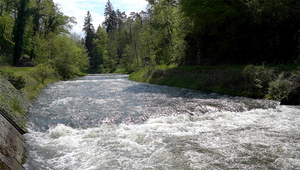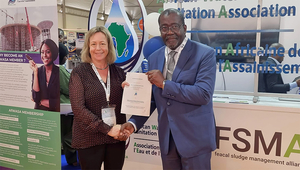Archive News
December 1, 2025
November 28, 2025
November 27, 2025
November 19, 2025
November 18, 2025
November 13, 2025
November 11, 2025











